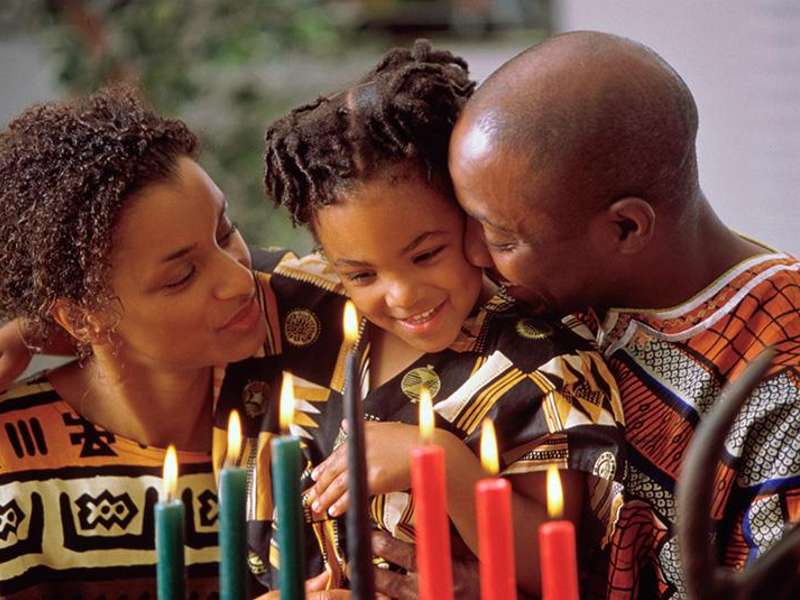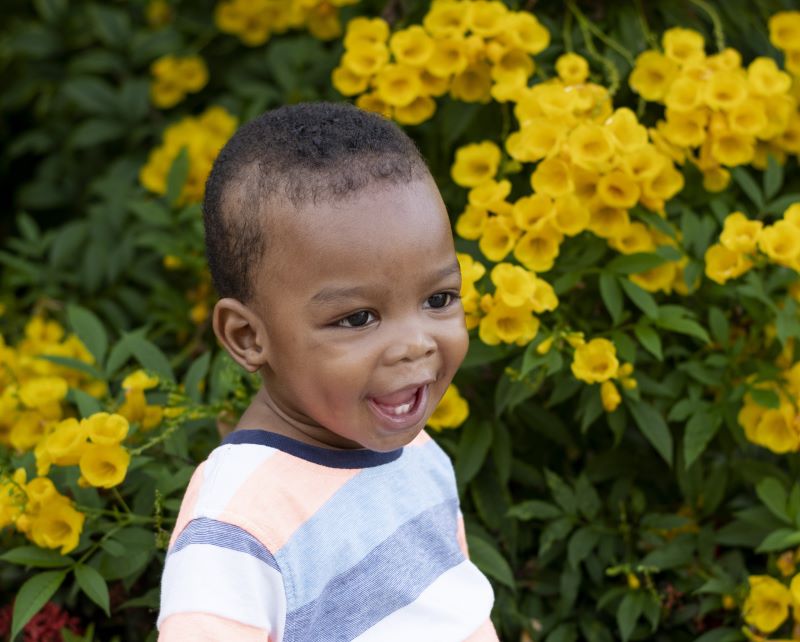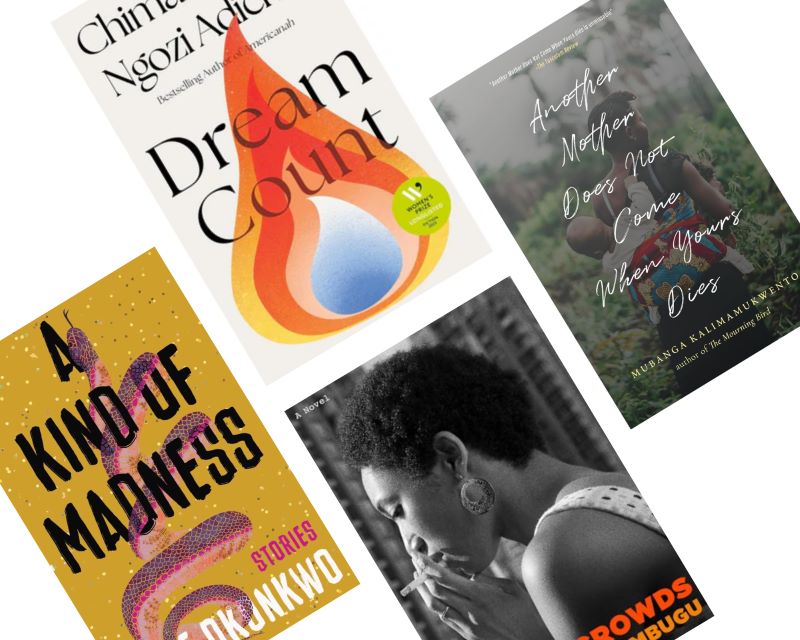Image Source: Getty Images
Kwanzaa is a time when family, community, and culture come together. It is a time of reflection and celebration. If you are looking for something to do this Kwanzaa, here are some ideas: Visit a local museum or cultural center; attend a Kwanzaa event at a local community center or church; have a potluck dinner with friends or family, featuring dishes from different African cultures; make your own Kwanzaa decorations; learn more about the history and meaning of Kwanzaa
Kwanzaa is a holiday that celebrates African American culture and heritage. It is observed from December 26 to January 1. The name “Kwanzaa” comes from the Swahili phrase “matunda ya kwanza” which means “first fruits of the harvest”. Kwanzaa was created in 1966 by Dr. Maulana Karenga as a way to promote positive African American values and unity within the Black community.
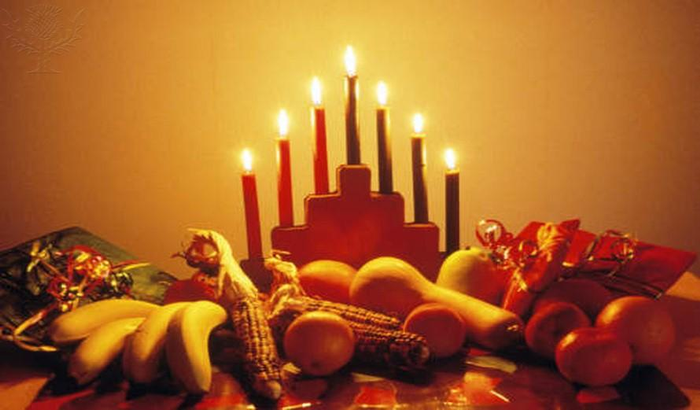
Image Source: Getty Images
Each day of Kwanzaa has its own special meaning and focus. On December 26, families gather together and light the first candle on the Kinara, or candle holder. This candle is called the black candle and represents unity. The remaining candles represent the principles of Nguzo Saba, or the seven guiding principles of African culture:
1. Ujima (Collective Work and Responsibility): This principle stresses the importance of working together for the common good. It is about building and maintaining our community.
2. Ujamaa (Cooperative Economics): This principle is about working together to build and maintain our economic strength. We pool our resources and skills to create businesses and jobs that benefit the entire community.
3. Nia (Purpose): This principle is about having a shared purpose and vision that binds us together as a people. We must work together to achieve our goals and make our dreams a reality.
4. Kuumba (Creativity): This principle stresses the importance of using our creativity to make our world a more beautiful place. We must use our imagination and talents to uplift ourselves and our community.
5. Imani (Faith): This principle is about having faith in ourselves, each other, and our ability to achieve anything we set our minds to. We must believe that we can overcome any obstacle and reach any goal.
6. Kujichagulia (Self-Determination): This principle is about taking control of our own destiny. We must be proactive in shaping our future and making decisions that are in our best interest.
7 . Umoja (Unity): This principle stresses the importance of unity among all people. We must come together as one people, regardless.
What foods to eat during Kwanzaa?
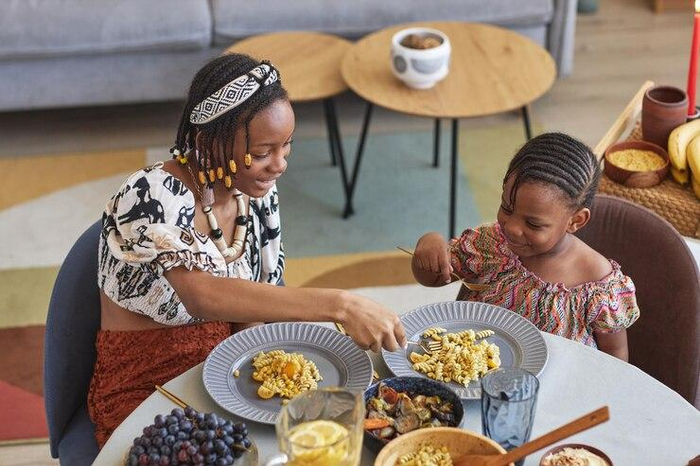
Image Source: Freepik
When it comes to food and celebrating Kwanzaa, there are really no rules. You can pretty much eat whatever you want! However, if you’re looking for some ideas of what foods to serve during Kwanzaa, here are a few traditional and modern dishes that would be perfect for the occasion.
Fruit is always a good choice to have on hand during Kwanzaa, as it is a symbol of fertility and abundance. Fresh fruits like grapes, oranges, and bananas are great options, but you could also get creative with fruit salads, smoothies, or even fruit-based desserts.
Another option for celebrating Kwanzaa with food is to cook up some traditional African dishes. There are many different recipes out there depending on what part of Africa your ancestors come from. Some popular options include jollof rice, plantains, stews, and curries. If you’re not sure where to start, there are plenty of cookbooks and online resources that can help you out.
Finally, don’t forget to have some fun with your food! Kwanzaa is all about enjoying time with family and friends, so make sure your spread includes some favorite snacks and drinks. Think about serving things like popcorn, chips and dip, cookies, or even pizza. Whatever you choose, just make sure everyone has a good time!
Alternatives to Kwanzaa
For those who are not interested in celebrating Kwanza, there are many alternative winter holidays to choose from. Some popular alternatives include Christmas, Hanukkah, and New Year’s Eve. Each of these holidays has its own unique traditions and activities that can be enjoyed by everyone.
Christmas is a holiday that celebrates the birth of Jesus Christ. Many people decorate their homes with Christmas trees and lights, and exchange gifts with family and friends. Hanukkah is a Jewish holiday that commemorates the miracle of the oil lasting for eight days. Families gather together to light candles and exchange presents. New Year’s Eve is a time to reflect on the past year and set resolutions for the new one. People often celebrate with parties, champagne, and fireworks.
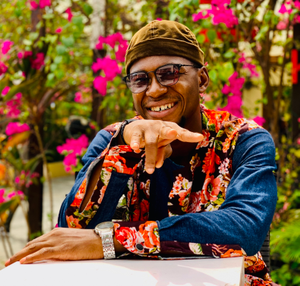
Minna Davies is a creative writer and a thespian with a degree in theatre arts from the University of Lagos. He has been privileged to have some of his works featured on Nigeria’s big stages. It is important to dream, but if no one gets to see it, it is as good as dead.

